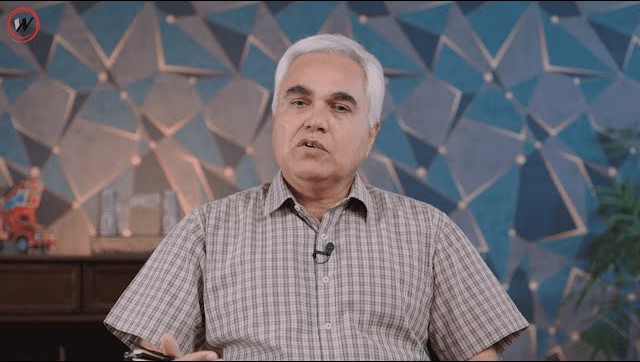International Men’s Health Week is observed to recognise the global issues, contributions, and achievements of men and boys in the nation, union, society, community, family, marriage, and childcare.
Dr. Muhammad Noman Wazir (Consultant Psychiatrist at Northwest General Hospital) highlights issues related to men and the stigmas our society has associated with men’s mental health. Every 2 in 5 men can be diagnosed with some type of mental problem. Those left either do not think they have any issues or have never contacted any service. The probability of suicide is higher in men than in women. It is primarily the outcome of prevalent stereotypes associated with mental illnesses that make people reluctant to seek professional help. If left unaddressed, these mental illnesses and problems are often the cause of drug abuse. One should choose to recover from mental illnesses through productive exercises and habits.
International Men’s Health Week is observed to recognize the global issues, contributions, and achievements of men and boys in the nation, union, society, community, family, marriage, and childcare.
To highlight global issues related to men, Dr. Aziz Ur Rehman, Consultant Urologist at NWGH, focuses on the stereotypical approach toward men and stigmas associated with specific genders that restricts a person from reaching out to a specialist. For example, issues related to prostate and infertility.
International Men’s Health Week is observed to recognise the global issues of men and the achievements and contributions of men and boys in the nation, union, society, community, family, marriage and childcare.
To highlight the importance of issues related to men in a global and societal set-up Dr. Khadim Ullah Kakakhel, Consultant Dermatologist, NWGH, focuses on the stereotypical approaches in our society toward men’s health. Pre-mature balding in men and infertility issues are often associated with a specific gender, which forces a person to opt for treatments through local healers rather than specialists. In such scenarios, people should contact specialists to pinpoint the underlying causes.

